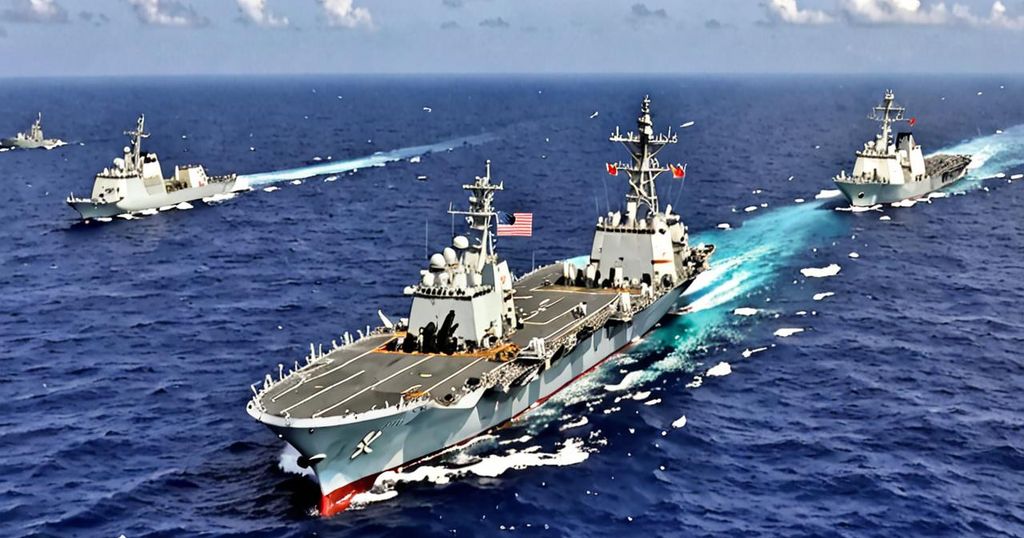The Secretary of National Defense of the Philippines has firmly declined the prospect of engaging in discussions with the Beijing government following the recent clash at Second Thomas Shoal. This stance has prompted concerns among analysts, who stress the critical need for cohesive collaboration between the country’s defense and political leadership in confronting China’s assertive actions in the South China Sea.
In a session with the Senate, Foreign Affairs Secretary Enrique Manalo mentioned a proposed plan for dialogue between the Philippines and China to address their disputes in the West Philippine Sea, a term utilized by Manila to denote the areas of the South China Sea within its exclusive economic zone. This initiative aimed to identify common ground on confidence-building measures for a peaceful resolution through international law and diplomacy. However, Defense Secretary Teodoro Jnr expressed strong opposition to this idea, citing China’s perceived lack of reliability in such discussions.
Teodoro underlined that, since assuming his position last year, the military forces of the Philippines and China have not engaged in any form of communication concerning the West Philippine Sea. He also voiced doubt about assertions that the incident on June 17 was simply a misunderstanding.
Defense analyst Jose Antonio Custodio underscored the significance of the Philippines taking a resolute stance against China’s aggressive maneuvers. He noted the close interaction between the Philippines and the United States, particularly in light of the US’s planned supply of F16 aircraft to the Philippines. The 1951 Mutual Defense Treaty between the two countries has further bolstered their relationship, with the US demonstrating its commitment to backing the Philippines in the face of external aggression.
Security analyst Joshua Espeña highlighted the intricacy of the Philippines’ strategy, emphasizing the distinction between political pronouncements on peaceful resolutions and the military’s role, which cannot dictate foreign policy. He also stressed the Philippines’ imperative to recalibrate its approach in response to the evolving operational environment.
There are apprehensions regarding a potential decrease in the United States’ confidence in its defense treaty with the Philippines, possibly due to other global conflicts that have garnered US attention. This perceived wavering in US commitment presents an opportunity for the Philippines to engage in in-depth discussions with the US regarding their treaty obligations and expectations.
The recent episode at Second Thomas Shoal has triggered global concern regarding China’s forceful assertions in the South China Sea. The lessons drawn from the Scarborough Shoal crisis in 2012, where China took control of the shoal after a standoff with the Philippines, offer valuable insights for the Philippines in its engagements with China.
In conclusion, the Philippines grapples with the challenge of navigating its relations with China and the US while upholding its national security and territorial integrity. The imperative of a unified and strategic approach cannot be overstated, and the Philippines must prudently recalibrate its foreign policy to effectively address the complexities of the South China Sea issue.

Leave a Reply